
What's Another Word For... - Thesaurus and Phrase Finder
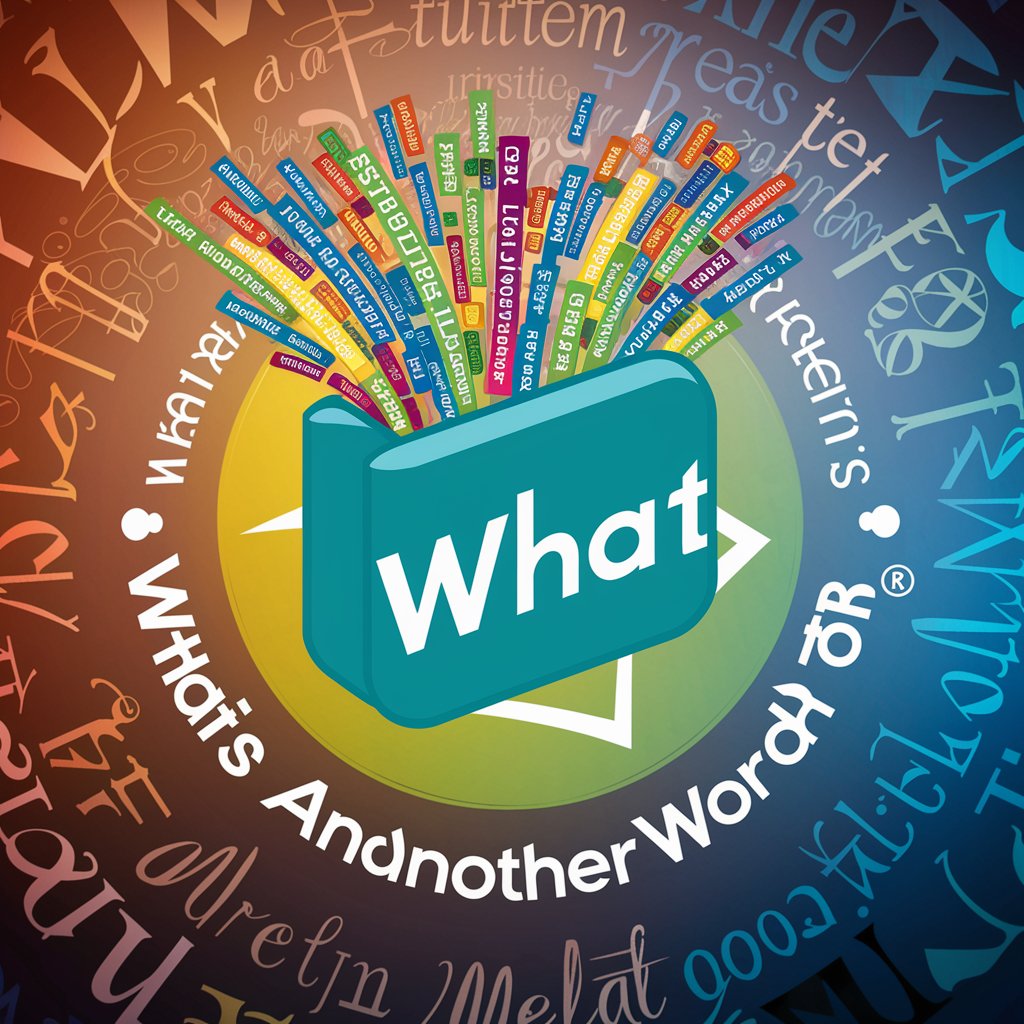
Welcome! Need synonyms or phrases? I'm here to help.
Expand your vocabulary with AI-powered synonym suggestions.
Provide a list of synonyms for the word 'beautiful':
Can you suggest alternative phrases for the term 'make a decision'?
What are some different ways to say 'happy'?
Give me synonyms for 'important' in the context of a project.
Get Embed Code
Overview of What's Another Word For...
What's Another Word For... is designed to enhance linguistic variety and enrich vocabulary usage by providing extensive lists of synonyms and phrases that can serve as alternatives to any given word. Its core purpose is to assist users in exploring the breadth of the English language, helping them find just the right word or phrase for any context. Whether you're looking to avoid repetition in writing, seeking a more precise term, or simply expanding your vocabulary, this tool tailors synonym suggestions to your needs. For example, if you're searching for alternatives to the word 'happy,' it would offer synonyms like 'joyful,' 'elated,' and 'content,' along with phrases like 'in high spirits' or 'over the moon.' Powered by ChatGPT-4o。

Core Functions and Applications
Providing Synonyms
Example
For 'beautiful,' suggestions include 'attractive,' 'gorgeous,' 'stunning,' 'lovely,' and 'pleasing to the eye.'
Scenario
Useful in writing tasks to avoid repetition and enrich text quality.
Offering Context-Specific Alternatives
Example
For 'run,' in a sports context, alternatives like 'sprint,' 'jog,' 'dash,' 'race,' and 'hurry.' In a computer context, 'execute,' 'operate,' 'launch,' 'initiate,' and 'start.'
Scenario
Helps in crafting precise and contextually appropriate content, enhancing clarity and engagement.
Expanding Vocabulary
Example
Introducing lesser-known synonyms like 'ebullient' for 'enthusiastic' or 'pulchritudinous' for 'beautiful.'
Scenario
Aids users in discovering new words, thereby broadening their linguistic repertoire and improving language mastery.
Target User Groups
Writers and Authors
Individuals engaged in creative, academic, or professional writing who seek to enhance their text with varied language and precise wording.
Students and Educators
Learners looking to expand their vocabulary and educators aiming to provide comprehensive language tools to their students.
Content Creators and Marketers
Professionals who craft content for blogs, social media, or marketing materials and need to keep their language fresh and engaging.
Language Learners
Non-native speakers aiming to deepen their understanding of English and enrich their speaking and writing abilities.

How to Use What's Another Word For...
1
Access the tool by visiting a designated platform offering a free trial, no login or ChatGPT Plus required.
2
Enter the word for which you need synonyms into the provided text box.
3
Specify the context or usage if you have a particular meaning in mind to get more accurate results.
4
Review the list of synonyms and phrases provided, noting the ones that best fit your needs.
5
Utilize the suggested synonyms in your writing or content to enhance linguistic variety and avoid repetition.
Try other advanced and practical GPTs
Another Me
Empower Interaction with AI

Story Weaver : Another
Weave Your Tale with AI
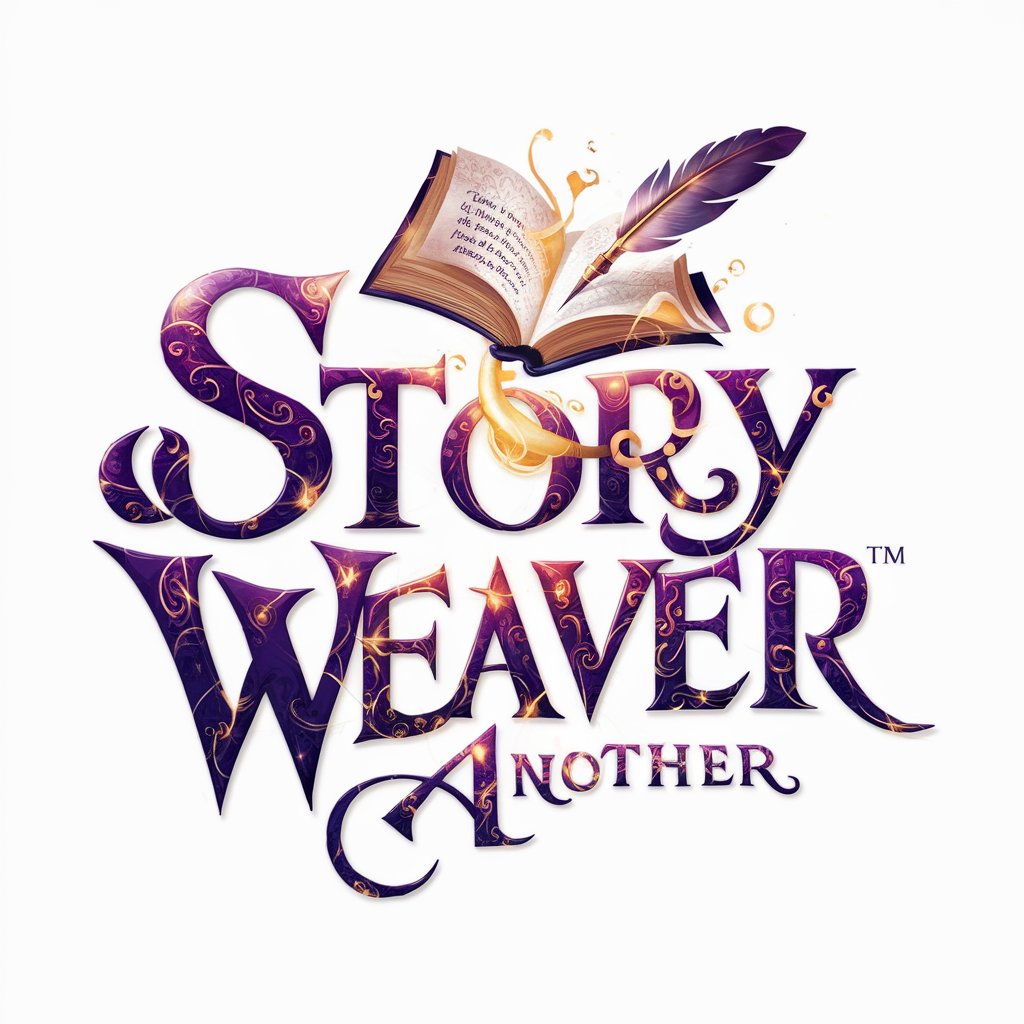
Just Another MicroGPT
Empowering your creativity with AI
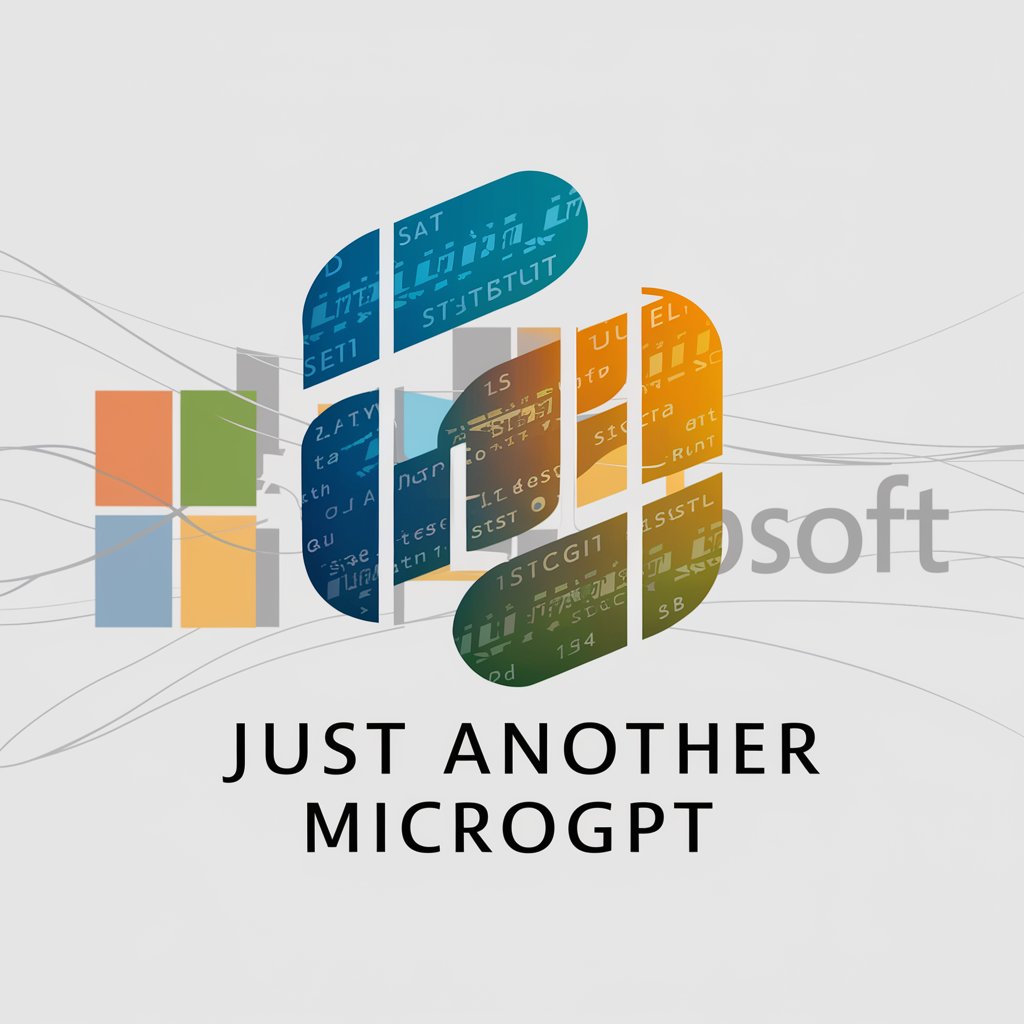
様々な描画スタイルで生成する。クリエイティブキャンバス - CreativeCanvas
Unleash creativity with AI-powered illustrations.

Best Protein Powder For | Women | Men| Weight Loss
AI-Powered Nutrition Tailored for You

Decision Tree
Empowering Decision-Making with AI

Behavior modification
Empowering Change Through AI
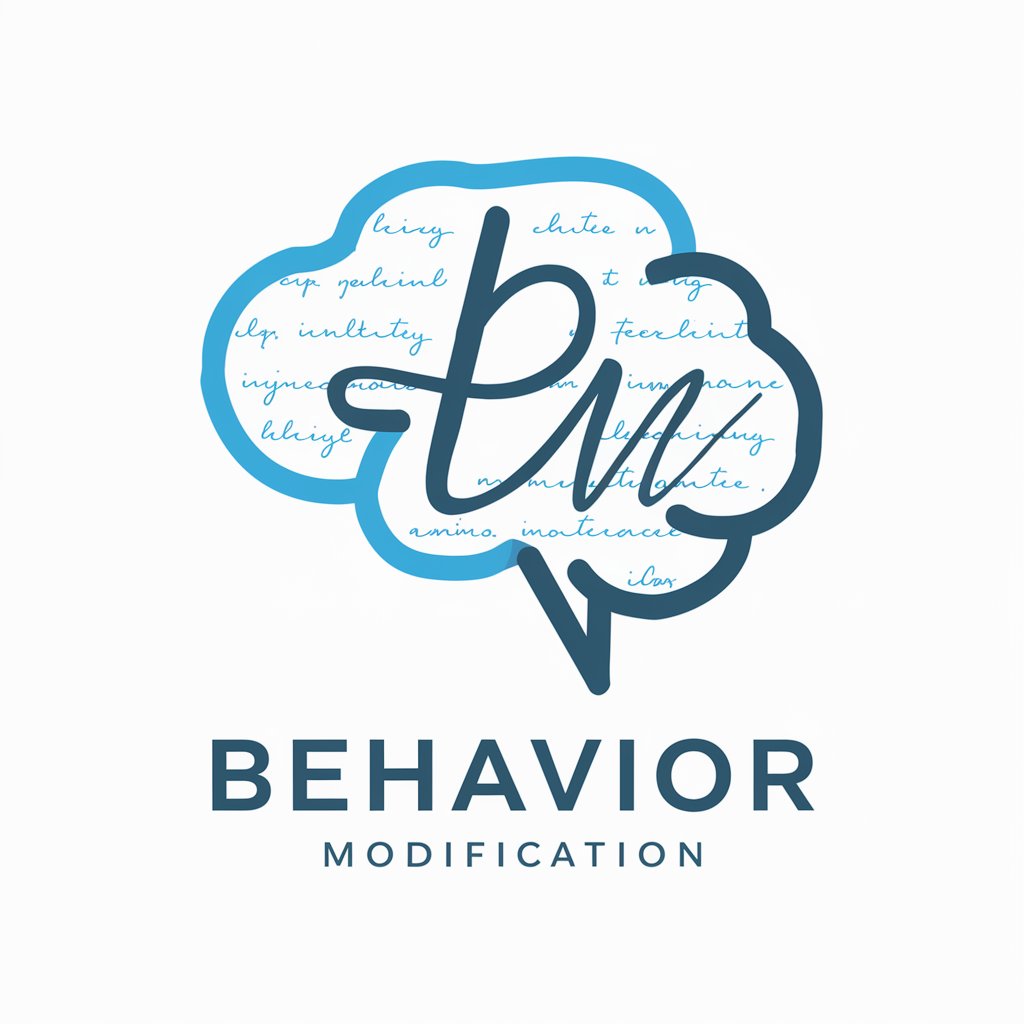
Child Behavior Advisor
Empowering Better Childhoods with AI
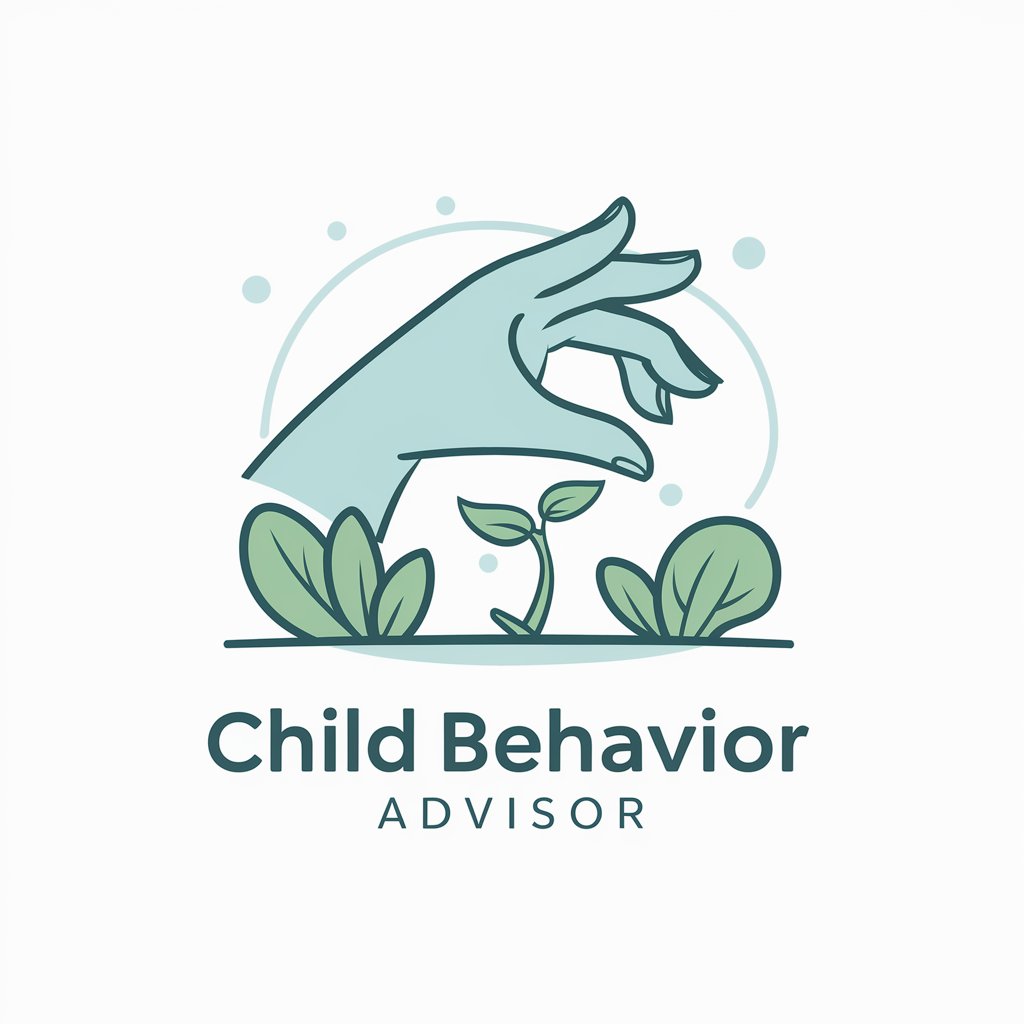
Investment Behavior Institute
Sharpen Your Investment Decisions with AI
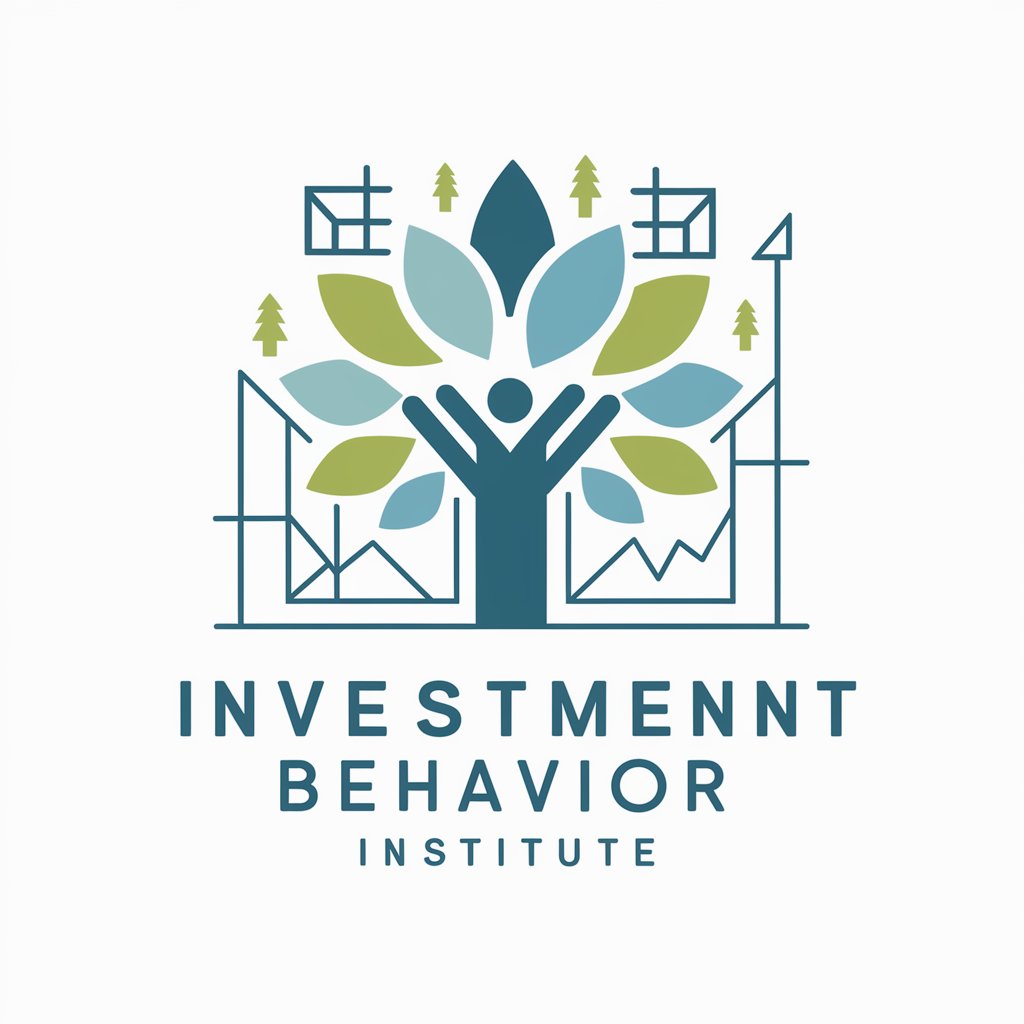
Tire PSI Guide
Optimize Your Tires with AI

Tire Guide Pro
Revolutionizing tire selection with AI

Tire Fit Checker
Your AI-powered fitment guide
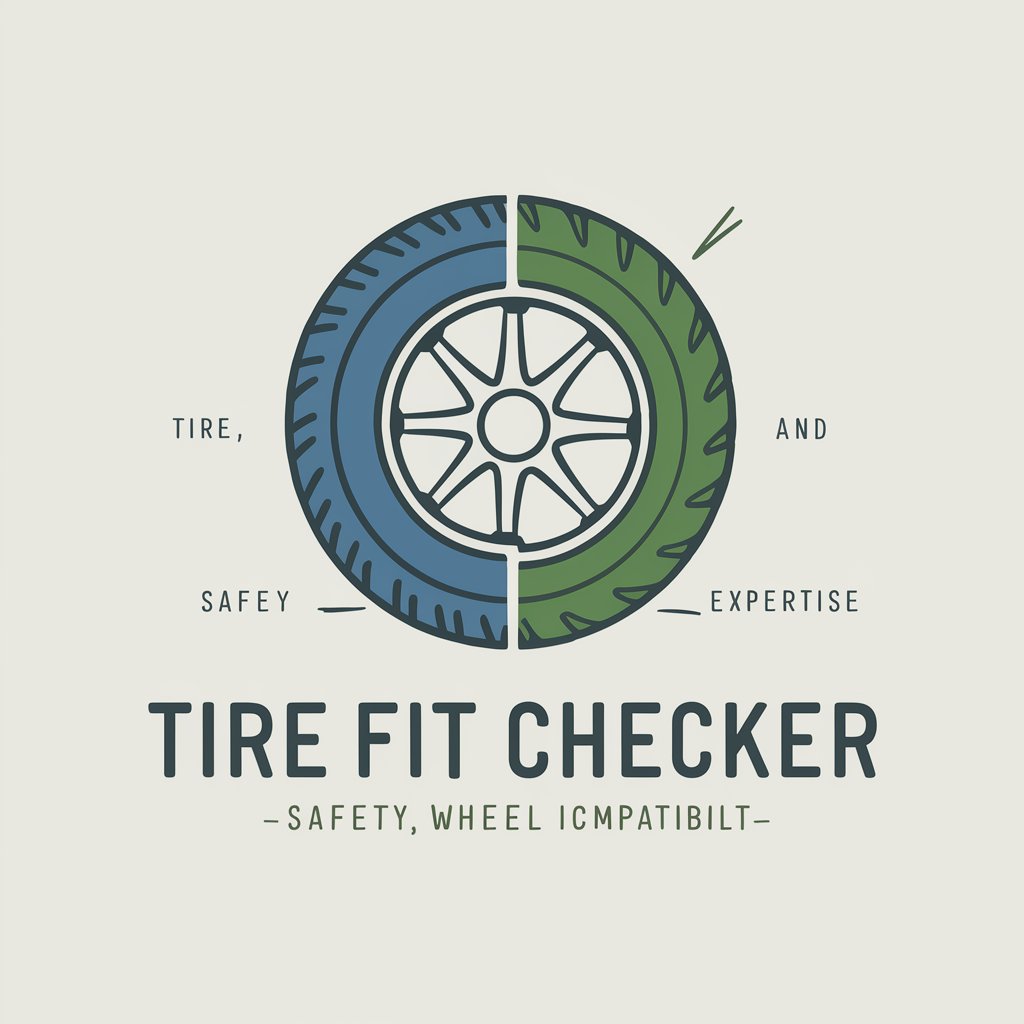
Frequently Asked Questions about What's Another Word For...
What types of words can I find synonyms for using this tool?
You can find synonyms for a wide range of words, including nouns, verbs, adjectives, and adverbs, encompassing various fields and disciplines.
Can I find phrases as well as single-word synonyms?
Yes, the tool provides both single-word synonyms and phrase alternatives to offer diverse options for rephrasing.
Is it possible to get context-specific synonyms?
Absolutely, you can specify the context or usage to receive more relevant and accurate synonyms tailored to your specific needs.
How can this tool benefit my writing?
By providing linguistic variety and nuanced alternatives, it can enhance the clarity, engagement, and professionalism of your writing.
Is the tool suitable for non-native English speakers?
Yes, it can serve as a valuable resource for learning and improving English vocabulary and expression for non-native speakers.